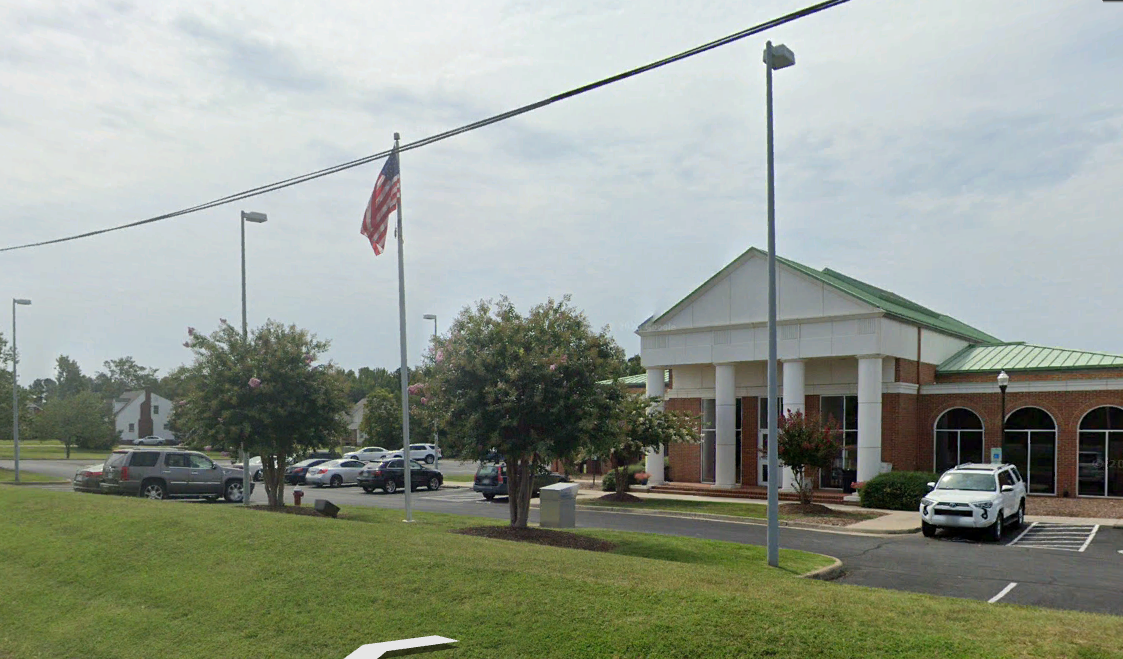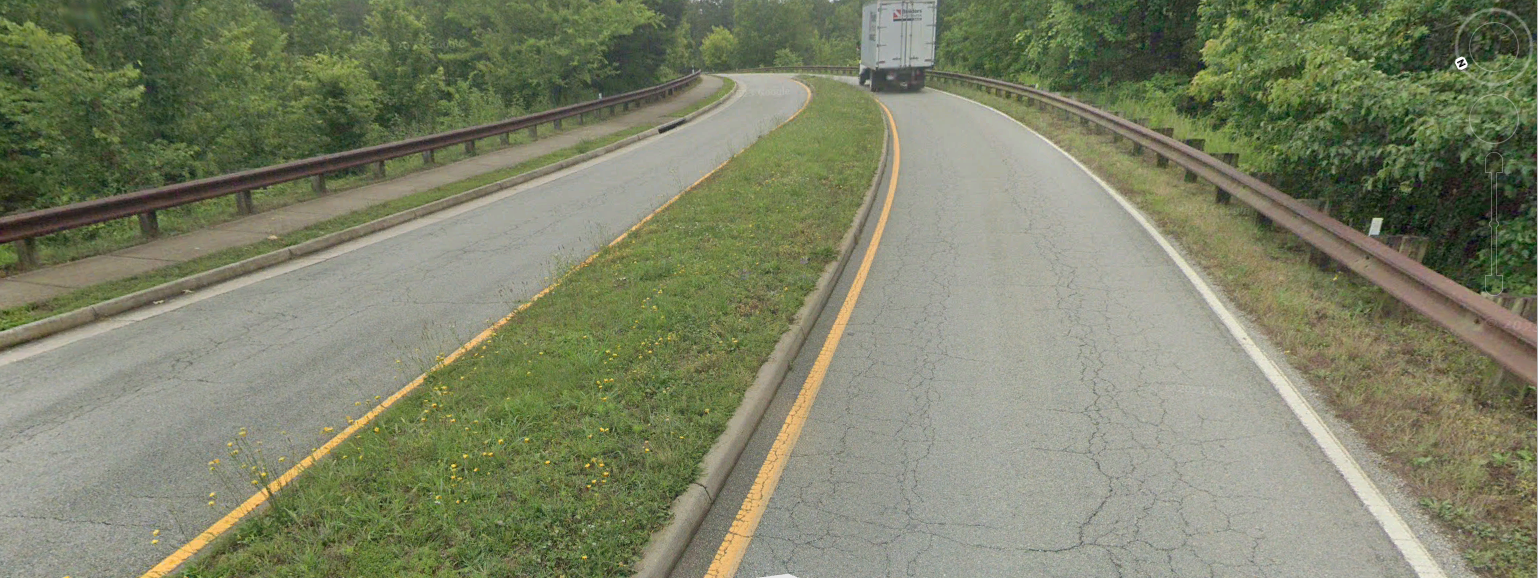 |
| Virginia State Capitol |
UPDATE: The special election to fill the 10th District State Senate seat will be held on January 7.
Virginia is a Dillon Rule state, which means that local
governments have only those powers specifically ceded to them by the General
Assembly. Therefore, it is vital that
Goochland County has sound working relationships with those who represent us in
Richmond.
Our current representatives in the GA are two delegates, Tom
Garrett, 56th District, and David Owen, 57th District,
and one 10th District state senator. At this time, we do not know
who will represent the 10th district during the 2025 session. John
McGuire, who was elected to that office in 2023, was recently elected to represent
Virginia’s 5th District in the United States Congress. McGuire submitted
his letter of resignation from his state senate seat on December 10. The date
for the special election should be announced soon.
As time grows short until the start of the 2025 General
Assembly Session, political parties are moving forward with candidate selection
for this special election. Democrats have chosen Louisa County resident Jack
Trammell.
On Friday, December 13, 10th District republicans
will hold a mass meeting in Goochland to select their candidate/ Go tohttps://goochland.gop/
for details.
In October, Goochland officials met with Garrett, Owen, and
McGuire for an informal discussion of legislative matters. (See GOMM Sausage Making
Preview for details)
The county’s final legislative agenda for the 2025 General
Assembly session was included in the supervisors’ consent agenda on December 3,
without further discussion. (See pages 64-70 of the December 3 board packet
available on the county website https://www.goochlandva.us/
under the “agendas and minutes” tab for details.) Crafted with input from the
supervisors, school board, county and school staff, constitutional officers,
and the Monacan Soil and Water Conservation District, it is a comprehensive
list of issues that Goochland supports and those it opposes. This will be
communicated with our General Assembly Delegation, so it can act in the best interests
of Goochland.
Some highlights:
Schools
Goochland supports policies that enable full funding for public
education, including standards of quality and support for programs that keep
new teachers in the profession for the long term. It also supports additional
state resources and funding options for school construction and capital
projects, including dedicated local sales and use taxes. This includes
expanding dedicated local sales and use tax authority first given to select
counties by the General Assembly in 2019 as well as continuing to fund the
School Construction Grant Program and School Construction Assistance Program.
Opposes any financial policies or regulations that impose a burden
on localities. For example, in FY25, the Commonwealth mandated that school
divisions provide a three percent salary increase for Standard of Quality instructional
and support positions using the local composite index to compute the locality’s
share. This unfunded state mandate cost Goochland—our LCI is .8 meaning that we
pay 80 percent—$526,332 from local revenue.
Support was expressed for strategies to address the
Commonwealth-wide teacher shortage that target instructional areas with
critical need.
Local control
The agenda opposes erosion of local control over land use
decisions, revenue streams, and “other issues of local concern”. These include the
location of solar installations, higher density zoning to accommodate
affordable housing, or accessory dwelling units.
Protection of local funding decisions and the preservation of
local government authority to collect revenues necessary to provide local
public services.
Support extending powers currently given to some local
governments to all local governments.
Oppose any change in local government’s present defense of qualified
and sovereign immunity.
Support legislation to streamline newspaper advertising of
public notices, public hearings, and public procurement to give localities the
option to use electronic or other forms of notification as an alternative.
Broadband expansion
Goochland supports the removal of all regulatory and other
impediments to the provide broadband access. These include increased funding, expanded
funding and implementation of new technology to build the infrastructure
necessary to deploy universal, affordable access to all areas, especially in underserved
rural areas.
Support improvement to existing state law to make it easier
for wireless communication providers to use existing tall structures or
building towers as long as they do not usurp local land use authority.
Support streamlining broadband infrastructure permitting in VDOT
rights of way, at railroad crossings, and within utility easements.
Second amendment
Goochland opposes “the passage of any state laws that
infringe upon the rights of the law-abiding citizens of the Commonwealth under
the Second Amendment of the United States Constitution and under Article I,
Section 13 of the Virginia Constitution.”
Public safety
In the public safety area, Goochland supports the
enhancement of hazardous duty retirement benefits for full-time 911 dispatchers
and animal control officers. Recruitment, retention, and funding for fire and
EMS providers, especially funding for EMS agencies.
Support for “identification and implementation of new
funding sources for Virginia’s fire departments and Emergency Medical Service
(EMS) agencies. In 2023, the General
Assembly passed House Bill (HB) 2175 establishing a work group to study
existing fire service needs, analyze sustainability of funding, and review
alternative funding models. The HB 2175
Workgroup submitted their report, “Service to Others: A Report on the
Commonwealth’s Fire and EMS Service,” to the General Assembly and the Governor
in October 2023. In addition, support
the recommendations of the HB 2174 Workgroup and continued study of fire and
EMS funding in the Commonwealth.”
Our delegation to the GA should discuss concerns identified in
a report submitted in 2023 on the continued funding of fire and EMS services in
the Commonwealth with providers in their districts to ensure that the report
reflects actual conditions and challenges “on the ground” and helps rather than
harms public safety operations going forward.
Goochland supports “continued local authority and state
funding to implement appropriate security, preparedness, and health measures.” These include dedicated state funding that
may include capital and operational costs, including ongoing support for School
Resource and School Security Officer positions. The Goochland County Sheriff’s
Office, in partnership with Goochland County Public Schools, currently has six
trained, qualified, and assigned SROs to cover five schools in Goochland. The Goochland County Sheriff’s Office has an
additional four trained and qualified SROs that are available to serve as
back-ups as necessary.
Goochland supports the full funding of all Sheriff’s Office
Deputy positions approved through the Compensation Board.
Goochland opposes “any federal or state regulatory action
that hinders the provision of emergency services by increasing costs of
operations or deterring recruitment and retention of emergency Services
employees. This includes the Occupational
Safety and Health Administration proposed rules change to Fire Brigades
Standards and the Food and Drug Administration’s proposed rule changes
impacting prescription drug box programs.”
Transportation
Support “a robust and sustainable transportation funding
framework that effectively addresses the evolving needs of Goochland County and
communities across the Commonwealth.”
Support continuing study and action to address the declining
growth of transportation revenues and find ways to grow them over time to meet
increasing demands. Address the increase in cost of transportation related projects
that impact localities, especially VDOT fees for locally managed projects.
Support additional flexibility within the VDOT approval
process to be responsive to the needs of an individual locality. Supports the expansion of authority and
discretion of the VDOT Resident Administrator to approve design standard modification,
including reduction of speed limits.
Disclosure
Goochland supports the ability of localities to require residential
property disclosures related to zoning classification or permitted uses on adjacent
parcels. Legislation is requested to establish a standardized disclosure list that
includes proffered land use conditions enacted by local government action.
The 2025 session of the Virginia General Assembly will convene
on January 9 and meet for 30 days. During that time, thousands of bills will be
submitted, some will become law. Go to https://virginiageneralassembly.gov/
to follow the action.
Thanks to our delegation for representing us in Richmond.







